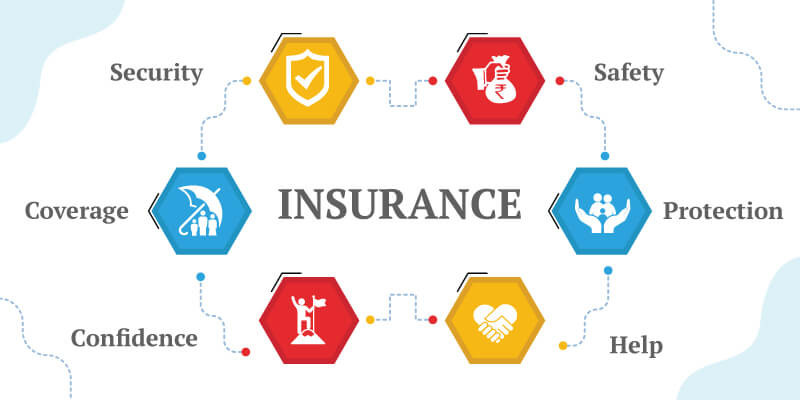Content Attributes
We face numerous financial decisions daily. They can range from the impactful (the money we spend on our business) to the seemingly trivial (whether to go out for dinner or not). However, such decisions work together and influence our overall finances in the long haul. But know this- you aren’t alone! Thousands of other people are facing the same dilemma every day. Although these decisions can vary from person to person, in the end, they will affect their finances in one way or another.
When it comes to being good with your finances or making the right choices, our ultimate goal is to search for objectively ‘accurate’ answers. So, how do we improve our financial decision-making if knowledge or facts alone aren’t enough? And what is the right path if there isn’t a single, one-size-fits-all solution to making better financial decisions?
The good news is, if you want to improve your financial decision-making, especially in the business context, you have to follow a few simple tips and tricks. So, keep reading till the end of this post and identify ways to improve your ability to make sound financial decisions.
Think long term
In a world where people prize speed and ease, thinking about the long-term is vital for accumulating ever-lasting wealth. It gives you a better perspective on something such as a four-dollar cup of coffee to how much you should pay for a business expansion project, to whether to invest in stocks.
For instance, thinking about the long-term allows us to know that;
- Investing 1000 dollars a month when we are 25 instead of 35 amounts to around 1.75 million dollars when we retire 65
- A 4 dollar latte adds up to more than 21,000 dollars over ten years
- Paying the minimum amount on a 5000 dollar credit card bill at 15 percent will take more than 27 years, with a cost of around 12,000 dollars
Thinking about the long-term will help you avoid paying extra cash when you certainly don’t have to at all. Calculating returns over time may sound overwhelming, but if you choose to upskill with a master of accountancy online, they’ll be relatively quick and easy. Plus, the extra know-how how will help with better financial management in every walk of your life.
Do your homework before you make significant purchases or financial decisions
Most of us have the habit of buying items we like on impulse. We don’t give a second thought to the impact it will have on our financial situation. Ask any professional and they will tell you the importance of doing your homework before making major purchases such as buying a car or home you always wanted or incurring a significant business expense.
Ensure that you aren’t among those who unknowingly spend thousands of dollars on their favorite items without thinking about the long-term financial repercussions.
Try to save a dime on every dollar
Something such as this is as simple as it is effective. You have to make it a habit if you want to make better financial decisions. Create a target of saving around 10 percent of your entire income. Or go one step further by becoming a super saver by increasing it to 20 percent.
It is a simple and powerful step, and the decision will be in your hand alone. If you find it challenging to start at 10 percent, try to begin at 5 percent and gradually build up your savings every month.
Don’t be afraid to embrace uncertainty
It is in our nature as human beings to shun uncertainty. The fear of the unknown keeps us from taking any steps that relate to our finances. On that note, it is this human uncertainty that the insurance industry is built upon, especially when it comes to annuities and the cash value of life insurance. However, every person’s problem is that they have to spend a lot of money to protect themselves from such uncertainties.
While we try to protect ourselves from these uncertainties, some are difficult to avoid (for instance, car accidents). Therefore, think twice before you spend your hard-earned money on such guarantees. They are likely to cost you a lot of money in the long haul and offer no protection whatsoever.
Perform a financial statement analysis
Financial statements are a vital piece of information when it comes to improving your financial decision-making. Knowing how to analyze and interpret them accurately presents you with a great chance to improve your financial health. Understanding numbers allows you to identify your financial standing and whether or not you are heading towards success or failure.
If you know how to analyze all your financial statements, it is all good. However, if you don’t, hiring a professional with a relevant qualification or completing an online masters in analytics yourself will help. Equipped with such information, you’ll make better, more informed decisions about allocating your resources to work towards your financial end goal.
Do important things first
Think about what you want to accomplish daily and try to complete the necessary stuff first. When it comes to your finances, don’t delay vital financial actions such as investing in your retirement fund, preparing a will, or acquiring a life insurance plan.
When you put effort into doing the important task first, everything else will slowly fall into place. You’ll be at a better financial standpoint when the time comes to retire.
Conclusion
There is always light at the end of the tunnel. Like many things in life, your financial decision-making capabilities will only get better with time and experience. Your years of wisdom and accumulated knowledge will help you out in the process. They will allow you to amass wealth long before you retire.



